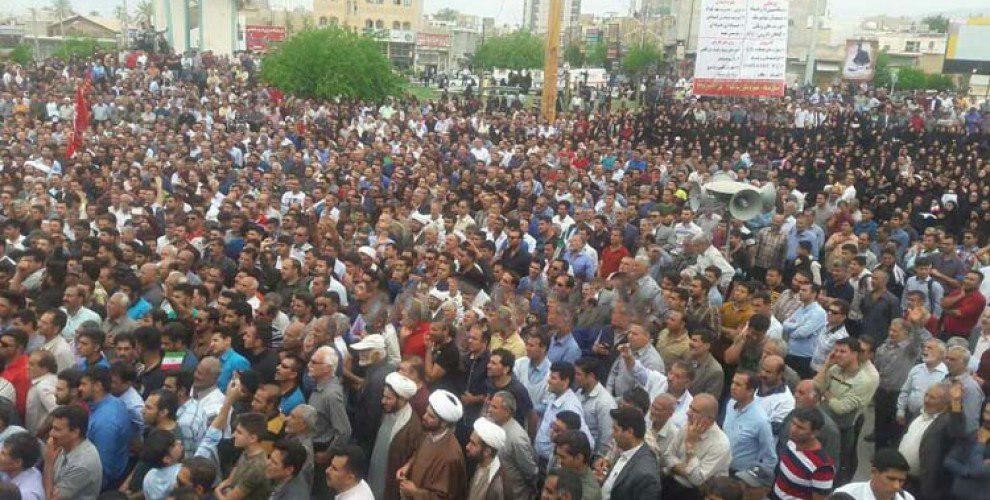The complicated puzzle of the Iraqi elections
Opinion polls show a reshuffle in Iraqi political landscape
Opinion polls show a reshuffle in Iraqi political landscape

Two weeks to go to the Parliamentary elections in Iraq and things appear more complicated than ever when it comes to predict how the contest could end.
Parties are rushing their electoral campaign amidst threats, attacks and the continuous occupation attempts by Turkey in South Kurdistan.
Arab parties in Kurdistan
Presenting themselves for the first time in South Kurdistan, Arab parties have held their rallies in Suleymaniya, Hewler (Erbil) and Kirkuk.
People in Kurdistan have made it clear that their vote will go to parties against the Turkish occupation campaign in areas like Bradost. People are not just asking for a general condemnation of Turkey’s operations but a clear commitment to reject this policy and not just in South Kurdistan, but also in Rojava.
Kurdish people to vote for parties rejecting Turkish occupation
Which is why traditional parties, like the KDP could experience a souring decrease in their votes.
Furthermore, Next Generation List, Kaman Berwari, was attacked by a mob while canvassing in Duhok on Saturday.
Some observers consider these elections a sort of referendum after the proclaimed (by the current Government) victory against the Islamic State (DAESH). Yet there are many controversial issues that will end up determining the shifting in votes.
Kirkuk and Mosul are two of these issues, together with South Kurdistan.
Fragmentation is the feature
If until 2003, parties were keen to form alliances in order to maximise votes, this is not valid today. Indeed Sunni parties failed to agree to run under one list and so their vote will be split. the same applies to Shia parties.
Iraq's prime minister, Haidar Abadi, will run for reelection leading the “Nasr al-Iraq” (Victory of Iraq) coalition.
Former prime minister, Nouri al-Maliki, on the other hand, is seeking for a political comeback leading the “Dawlat al-Qanun” (State of Law) coalition.
The Shia militias present candidates in the "al-Fatih” (Conqueror) coalition. Moqtad al-Sadr leads the Sairun list.